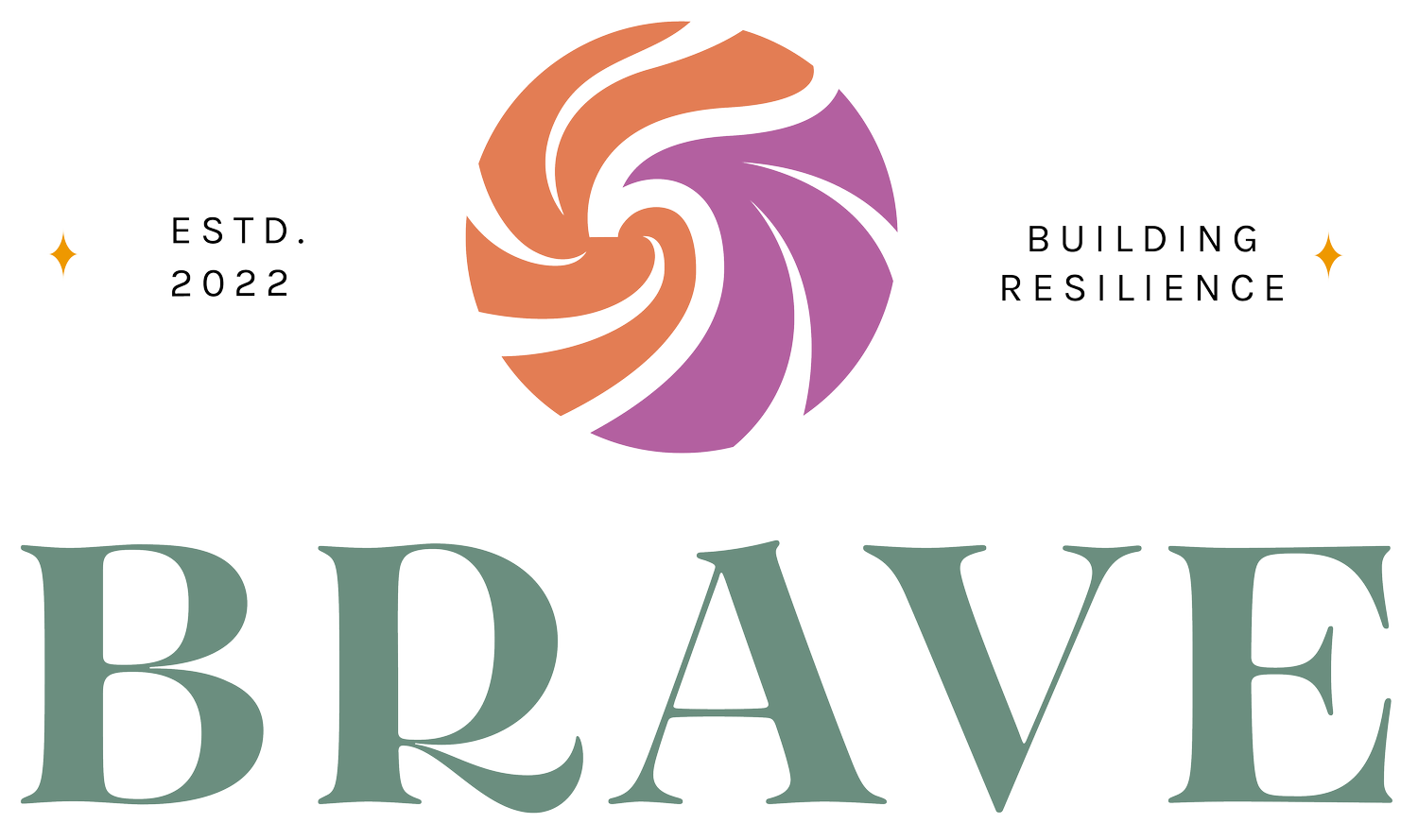Has vicarious trauma ruined you?!
Let me cut right to the chase -
We have all had a moment as a trauma therapist when we wondered whether we could still do trauma work. Asked ourselves if this work has ruined us.
I’ve hit rock bottom when it comes to VT and almost jumped ship on my career as a trauma therapist. I have also had lots of smaller moments in my career when I wondered how much longer I could do this work.
For me, these moments often happen as a result of the cumulative experiences I have as a trauma therapist.
The clients who are stuck, and leave me feeling ineffective
My needs falling on deaf ears of an organization's leadership
Watching the pain and suffering of the world through my lens as a trauma therapist.
Each of these alone may be manageable enough, but when they all happen every day (and we know they often do), what would be a molehill turns into a mountain of vicarious trauma.
So then, how do we know if our work and VT have ruined us?
This is a question only you can answer but this post will let you in on the process I use when I have a fleeting (or very real) thought about stopping this work.
Before I learned how to figure out if I could go on as a trauma therapist, there was a lot of white knuckling. You know the "grin and bear it" of having to sit through shitty meetings, the dread felt when pulling up to work, or the pressure in your chest before seeing a challenging client.
The 4 step process below will help you begin to answer the question, “has trauma work and VT ruined me as a trauma therapist?”
It will help you discover why you are in this profession and what you need to either continue the work you love or pivot to something else.
Step 1:
For 60 seconds, think about a case, a colleague, something work related that you want to wipe entirely from the last year of your life. Notice what it would be like if that problem never happened.
Step 2:
Now, for 60 seconds, think back to this day 12 months ago, and erase all the work you did as a trauma therapist. Notice what it's like to not have done all that helping over the past 12 months.
Step 3:
Go back to March 2020 - COVID hits and that is the moment you get out of the field of trauma work. These years of clinical work are now gone from your timeline. For 60 seconds, notice what that feels like, be aware of how it feels to not have those experiences as part of your recent past.
Step 4:
Finally, for the last 60 seconds, I want you to erase ALL forms of helping that you have ever done, all the way back to high school. This means any type of helping, whether it is volunteering at an animal shelter or helping someone load their groceries, I want you to erase all helping from your timeline since high school.
Whew, take a deep breath!
I want you to be really honest about your reactions to this exercise. If you said "that sounds great!" when I asked you to remove certain or all aspects of helping from your timeline, then good for you because now you have much more clarity about what you need for your life moving forward!
I don’t want you to label this as being “ruined”, but to use this information to make an informed decision about how you want to proceed with your career.
If you noticed the opposite, and perhaps felt empty or meaningless without helping in your life, then you also win as you too have even greater clarity about what matters!
Now we have to figure out how to help you continue doing this work that means so much to you, without the white knuckling.
Now what??
If you would prefer that I guide you through this exercise, jump in the Facebook group to watch this video
Do some journaling as you reflect on your natural and instinctual reactions to each step of this exercise
You don’t have to make any decisions right now - instead, allow these insights to percolate
Reach out with questions or reactions to this exercise so we can talk more about how you can support the next steps that are right for you
